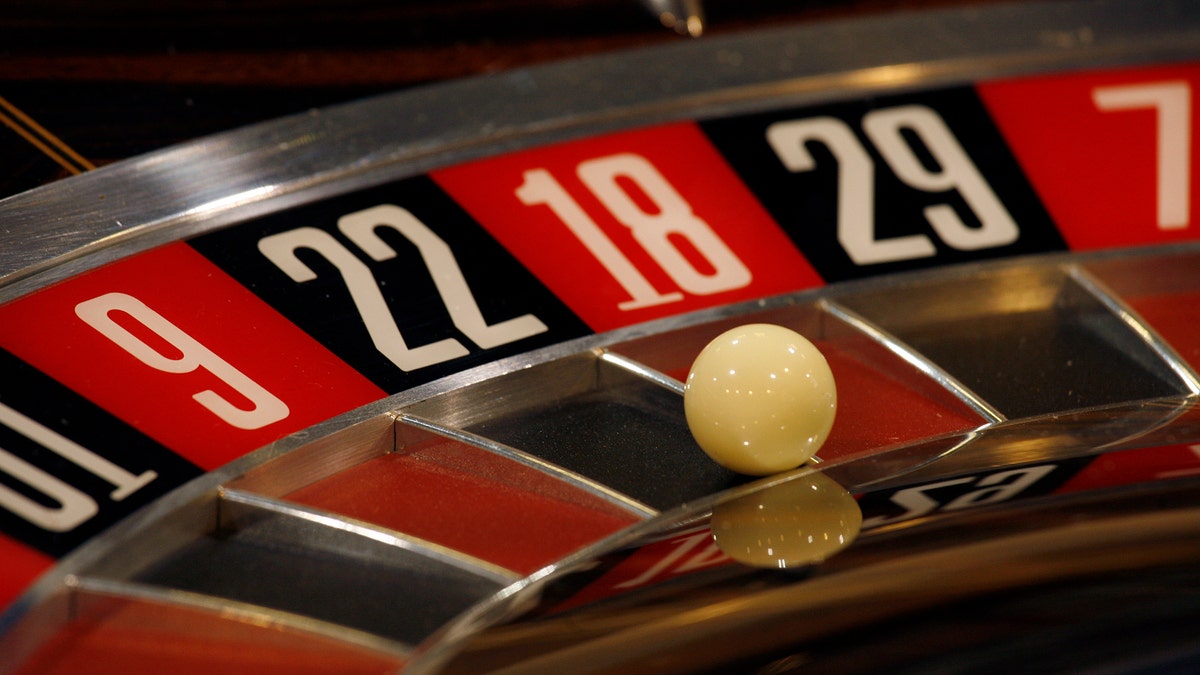
(Reuters/Bobby Yip)
Some casino chains are making it harder to win, and people are getting bamboozled by it.
Let’s start at the beginning, taking roulette. For any non-roulette players, you should know there are 36 numbers on a roulette wheel, and all the bets that you can make are based off those 36 numbers.
For example, you can bet that the ball will land on the first 12 numbers, the second 12 numbers, or the first half of the numbers or second half, and so on.
CASINO INDUSTRY DOUBLING DOWN ON RESPONSIBLE GAMING INITIATIVE
But as the saying goes, “The house always wins.” The chances of you losing always have to be higher than the chances of you winning in order for a casino to have a game for you to play.
In Europe, in order to push the odds in the casino’s favor, a zero is added to the roulette wheel. Taking the example of betting on the first half of the numbers, this decreases your chance of winning from 18/36 to 18/37, pushing the odds in the casino's favor.
American casinos are greedier and put both a zero and a double zero, meaning your chances of winning get even worse at 18/38; meanwhile, the casino’s chances of “winning” increase to 20/38.
But now, it is getting even worse. People aren’t gambling in casinos as much as they once did, and in order to make up for a dip in customers, some chains have added a triple zero to roulette, making your chance of winning 18/39.
To put it another way, if you spent an hour losing $1,000 on a European roulette wheel, you would lose that same amount of money in 20 minutes on these “new wheels.”
Or think about it this way: this tiny little change that you really don’t pay that much attention to would mean that you would lose three times the amount of money playing for an hour at the Venetian in Las Vegas versus some European Casino.”
Casinos have another trick up their sleeve: providing “scorecards” that let you keep track of what color or number comes up on the roulette wheel while you are at the table. Casinos do this to perpetuate the idea of the gambler’s fallacy -- the idea that since red has come up a bunch of times in a row that black is more likely to come up next.
This is total nonsense. Mathematically each roll of the ball is independent of the next and red could come up 100 times in a row. The chance black would be next is the same regardless.
We all assume that these games have the same chance, but you actually have a higher chance of winning at different casinos. People think they have a lucky table or lucky casino, but really they just have a better chance at winning big at some versus others, and these chains that are decreasing people's chances of winning are really greedy -- or just desperate.
CLICK HERE TO GET THE FOX NEWS APP
The American public is not necessarily gambling less than before, but people are gambling less at casinos. With the advent of online gambling, fantasy sports games and countless other opportunities from the comfort of their own home, millennials are not turning out at casinos in the same way as generations before them. And casinos are desperately trying to figure out how to make more money off fewer people.
Roulette is just one example of casinos doing what they do best: putting the odds in their own favor.
